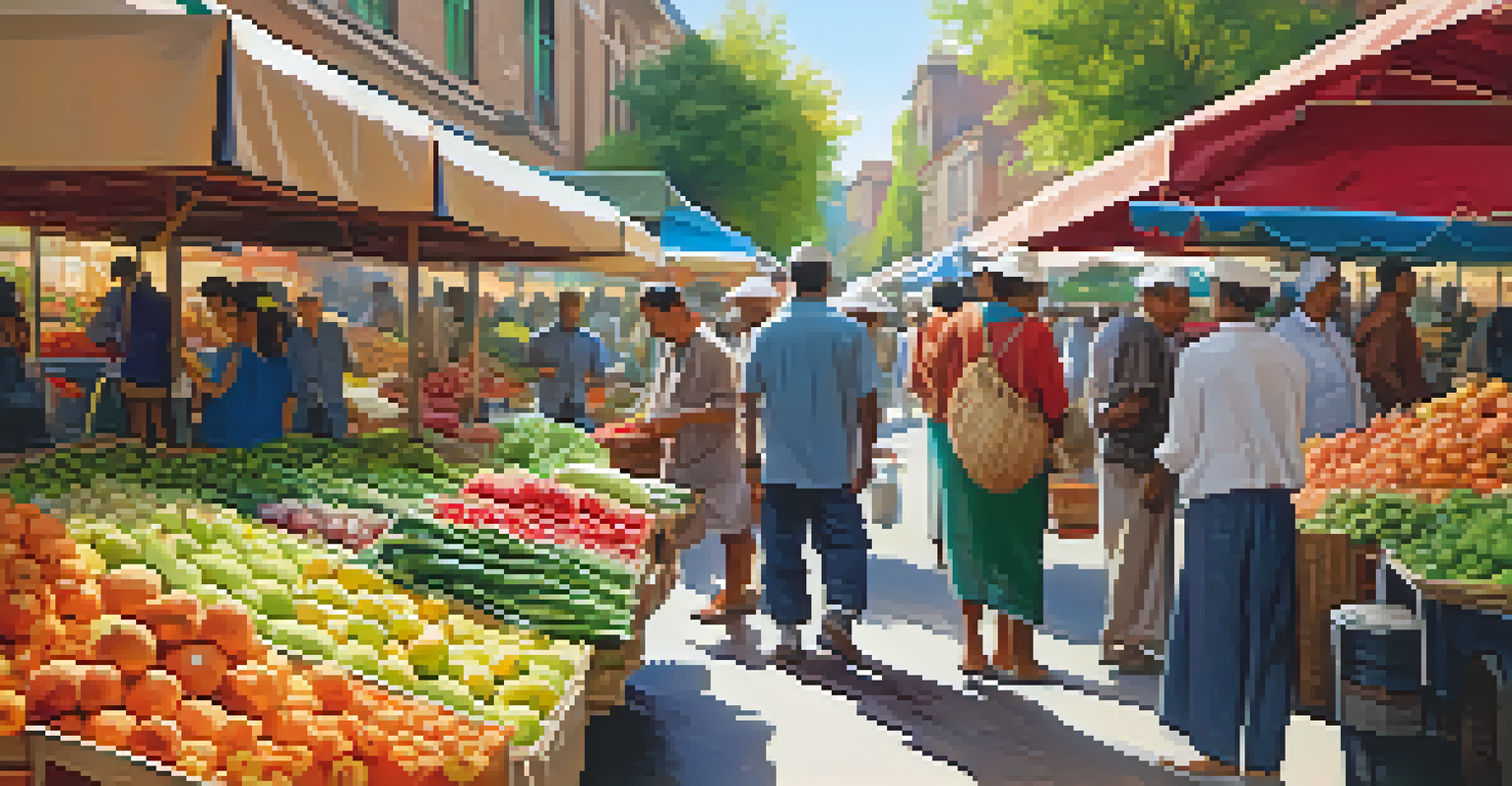Top Safety Tips for Tourists: Staying Secure on Your Trip

Research Your Destination Before Traveling
Before you pack your bags, take some time to research your destination. Understand the local customs, laws, and areas to avoid for safety. This knowledge can help you navigate your trip with confidence and respect.
Traveling – it leaves you speechless, then turns you into a storyteller.
For example, in some cultures, dress codes may be stricter than you're used to. Knowing this in advance can prevent unwanted attention and keep you out of trouble.
Additionally, familiarize yourself with local emergency contacts, such as the police or your embassy. Having this information at hand can help you respond quickly in case of an emergency.
Keep Valuables Secure and Hidden
One of the simplest yet most effective safety tips is to keep your valuables secure. Use a money belt or hidden pouch to store cash, credit cards, and important documents. This reduces the risk of theft, especially in crowded areas.

For instance, when visiting a bustling market, it's easy for pickpockets to take advantage of distractions. If your valuables are out of sight, you're less likely to become a target.
Research Your Destination
Understanding local customs and emergency contacts can enhance your travel experience and safety.
Additionally, consider using hotel safes for your passports and larger sums of money. It’s an extra step that can provide peace of mind while you explore.
Stay Aware of Your Surroundings
One of the most crucial safety tips is to stay aware of your surroundings. This means being mindful of who is around you and what’s happening in your environment. Being engaged with your surroundings can help you spot potential dangers before they escalate.
The world is a book, and those who do not travel read only one page.
For example, if you notice someone following you or acting suspiciously, it's wise to change your route or head into a public place. Trust your instincts—if something doesn't feel right, it probably isn't.
Moreover, avoid distractions like excessive phone use while walking. Keeping your head up and being aware can significantly reduce your risk of encountering problems.
Use Trusted Transportation Options
When it comes to getting around in a new place, using trusted transportation options can enhance your safety. Research reliable taxi services or rideshare apps that are popular in your destination. This can help you avoid unlicensed or unsafe vehicles.
For example, in many cities, official taxis are marked and can be hailed from designated stands. If you're unsure, ask your hotel for recommendations on safe transportation.
Stay Aware and Trust Your Instincts
Being mindful of your surroundings and trusting your gut feelings can help you avoid potential dangers.
Additionally, consider using public transportation during the day when it's busy. It's not only a way to save money but also allows you to blend in with locals, which can be a safety advantage.
Share Your Itinerary with Someone
Before you head out for your adventure, consider sharing your itinerary with a friend or family member. This simple step ensures that someone knows where you are and can help if something goes wrong. It adds an extra layer of security to your travels.
For instance, if you’re planning a day trip to a remote area, inform someone of your plans and expected return time. If you don’t check in as planned, they can alert authorities to check on you.
Moreover, consider using apps that allow real-time location sharing with trusted contacts. This way, loved ones can follow your journey and offer assistance if needed.
Follow Local Laws and Customs
Respecting local laws and customs is not just polite; it's also a key safety tip for travelers. Each country has its own set of rules, and ignorance can lead to unintended legal troubles. Take the time to learn about any specific laws that might affect your activities.
For example, some places have strict regulations regarding photography in certain areas. Knowing these can help you avoid fines or confrontations.
Secure Your Valuables
Keeping your belongings hidden and using trusted transportation reduces the risk of theft while traveling.
Additionally, being aware of cultural norms can enhance your experience and help you connect with locals. A respectful approach fosters goodwill and can keep you safer during your travels.
Trust Your Instincts and Be Cautious
Your instincts are one of your most valuable tools when traveling. If something feels off or you sense danger, don’t hesitate to remove yourself from the situation. Trusting your gut is a powerful way to stay safe.
For example, if you're in a social setting and someone makes you uncomfortable, it’s perfectly okay to excuse yourself. Your comfort and safety should always come first.

Additionally, maintain a cautious approach, especially at night. Stick to well-lit areas, travel with a group when possible, and avoid overly secluded places to enhance your security.
Stay Connected: Use Technology Wisely
In today’s digital age, technology can be a powerful ally in keeping you safe while traveling. Use your smartphone to access maps, translation apps, and emergency contacts. However, be mindful of how you use it to avoid drawing attention.
For instance, downloading offline maps can help you navigate without needing to constantly check your phone in public. This minimizes the risk of theft while still keeping you connected.
Furthermore, consider using apps that provide safety alerts or local information. Staying informed about your surroundings can significantly improve your travel experience.